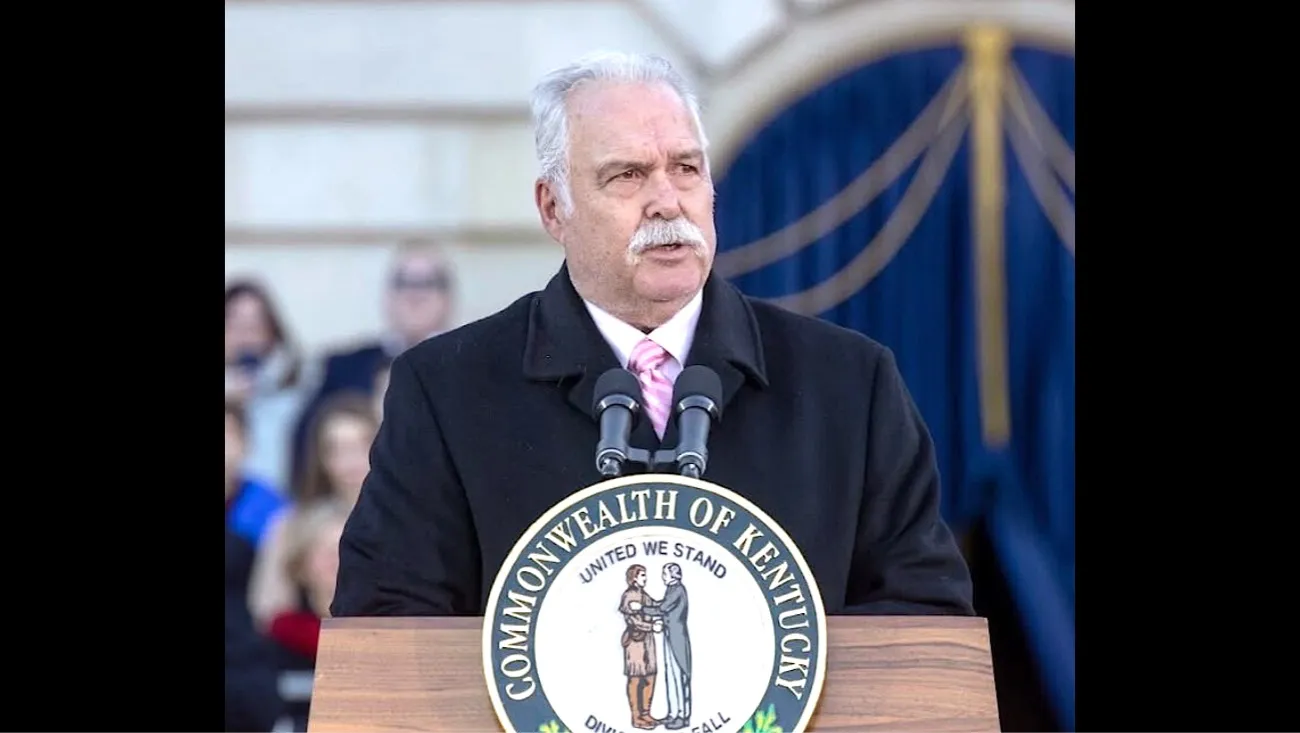While Republicans in Congress are still divided on the specifics of the legislation, they are pushing forward a reconciliation bill that is likely to include major cuts to Medicaid and tax breaks for wealthy Americans.
The GOP reconciliation plan (or the “One Big Beautiful Bill Act”) fully extends the tax breaks enacted by the 2017 Tax Cuts and Jobs Act. According to The New York Times, while all Americans will see some degree of tax cuts, about half of the cost will go toward Americans making $400,000 or more per year.
A new Data for Progress survey finds that a majority of voters believe households making more than $400,000 should pay more in taxes, contrary to what has been proposed in the GOP tax plan.
A majority of voters also believe that households making less than $50,000 per year should pay less in taxes, while a plurality believe that households making between $50,000 and $400,000 are already paying the right amount.

When asked about specific government programs that could be cut as part of the GOP reconciliation plan, a majority of voters want to see funding increased or kept at the same level for all programs tested. The strongest support for funding increases is for Meals on Wheels, the Supplemental Nutrition Assistance Program (SNAP), and free or reduced school lunch. For each program tested, less than 25% of voters support funding cuts.
Additionally, voters think Republicans are most likely to cut student loan assistance, federal rental assistance, and clean energy tax credits, while they think Republicans are least likely to cut school lunch funding and the Children’s Health Insurance Program (CHIP).
While the GOP reconciliation plan is likely to contain hundreds of billions of dollars in Medicaid cuts, just 59% of voters believe Republicans are likely to cut Medicaid, even as only 10% support these cuts.

The Republican reconciliation bill also creates $5 billion in new tax credits for individuals and corporations that donate to private or religious school scholarship funds, effectively subsidizing private school education by the same amount that Republicans have proposed cutting from low-income public schools through Title I.
Fewer than 1 in 5 voters — including 20% of Democrats, 17% of Independents, and 18% of Republicans — say lawmakers should increase funding for such tax credits, while the vast majority of voters believe funding for these tax credits should either remain as is (40%) or be cut (28%).

An initial version of the reconciliation bill would have allowed the executive branch to target nonprofit organizations’ tax-exempt status by classifying them as “terrorist supporting organizations.” In practice, this provision would have given the president power to weaponize the Internal Revenue Service against private organizations for speech that he does not agree with, without needing to go through the judicial process.
A majority of voters oppose this policy, including Democrats by a -49-point margin and Independents by a -39-point margin.

The reconciliation proposal contains a provision that would “nullify or prevent existing or future state laws that address any aspect of AI law or regulation” for the next 10 years. However, this provision could violate the Byrd Rule, which prohibits legislation that does not address the budget from being included in a reconciliation package.
This proposal has net opposition from voters across party lines, including 59% of Democrats, 61% of Independents, and 49% of Republicans.

Together, these results indicate that major elements of the “One Big Beautiful Bill Act” are unpopular with voters, especially giving more tax breaks to the wealthiest Americans while making cuts to Medicaid and nutrition assistance programs like SNAP and Meals on Wheels.
--30--
Cross-posted from Data for Progress.







